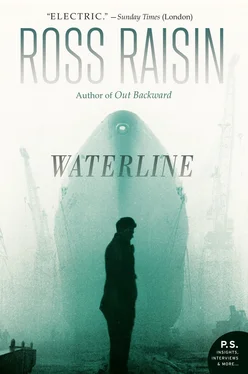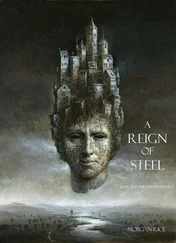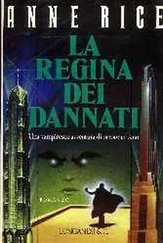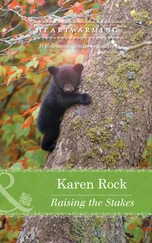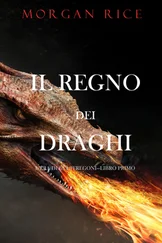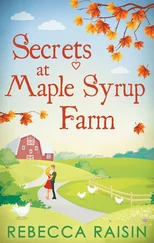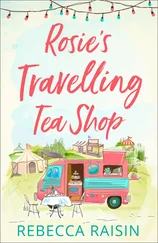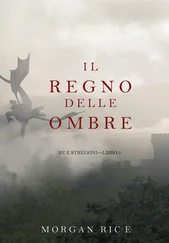— David Vann, Financial Times
“Ross Raisin’s debut, God’s Own Country , was deservedly acclaimed, and Waterline is similarly impressive, with Raisin again making vivid, compelling use of the vernacular. . It remains to the last supremely empathic, and Raisin’s powers of observation, intense.”
— Stephanie Cross, Daily Mail
“Electric. . What impresses about Raisin is the all-encompassing nature of his imaginative empathy, and the way in which he makes the reader complicit in his character’s fate.”
— Andrew Holgate, Sunday Times
PRAISE FOR
Out Backward
“Ross Raisin’s story of how a disturbed but basically well-intentioned rural youngster turns into a malevolent sociopath is both chilling in its effect and convincing in its execution.”
— J. M. Coetzee
“The lush language in this debut novel has some fine literary ears (Colm Tóibín, Stewart O’Nan, Mary Karr) in awe. . Your heart goes out to Sam, creature of the moors. There’s an ancient Celtic strain in Raisin’s writing, all but unspoken: the idea that monsters are the embodiments of our darkest selves, pushed to the edges of normal life, straining on the outskirts.”
— Los Angeles Times
“ Out Backward more [than A Clockwork Orange ] convincingly registers the internal logic of unredeemable delinquency, a dangerous subjectivity that perverts compassion and sees everything as an extension of itself.”
— Washington Post Book World
“Undeniably he’s made a new world. . Utterly frightening and electrifying.”
— Joshua Ferris, author of The Unnamed and Then We Came to the End
“An entirely original voice. . Marsdyke, who blends colloquialism with flights of verbal fancy, is like no other character in contemporary fiction.”
— Sunday Times (London)
“From the first sentence, Ross Raisin’s deft (and daft) use of language makes the reader swoon. Soon enough, though, you start to feel woozy, as if drunk or under a spell, and by the time you realize exactly what’s happening, he and his narrator are holding you close and it’s too late to get away. Out Backward is equally twisted and brilliant — a lovely, upsetting book.”
— Stewart O’Nan, author of Emily Alone and Songs for the Missing
“ Out Backward is a helluva read — poetically pitched in the mode of The Butcher Boy , and with a plot that you race through. Raisin draws profound moral subtlety and complexity from his sociopath; we’re deep in the madman’s head, à la Dostoevsky or Kafka. This is a dazzler.”
— Mary Karr, author of Lit
“First-time novelist Ross Raisin is artfully familiar with classics of the English demotic novel such as Joyce Cary’s The Horse’s Mouth and Anthony Burgess’ A Clockwork Orange . . The plot is familiar, but not the way Raisin deftly uses Yorkshire dialect to create speed and a fictional space that feels new. . Here’s a writer who uses obscurity to cunning advantage.”
— Los Angeles Times
“ Out Backward captures a dark voice with considerable flair and wit and skill. Raisin’s control of tone is original, at times playful, a cross between the whimsy and lyricism of Huckleberry Finn and the nightmare of The Butcher Boy . This is a compelling, disturbing, and often very funny novel.”
— Colm Tóibín, author of Brooklyn and The Master
“A few pages with Sam Marsdyke are unforgettable. Rare are the writers who can create such a funny yet terrifying narrator; the comparison is the murderous Francie Brady in Patrick McCabe’s classic The Butcher Boy .”
— Financial Times (London)
“Risk-taking, postmodern, yet defiantly readable. . Raisin not only narrates the novel in Marsdyke’s voice, but manages to create a world out of the young man’s anger and preconceptions. [He] never allows Marsdyke’s perspective to shift, or his understanding of himself to change, resulting in a final scene as chilling as any in recent memory.”
— Globe and Mail (Toronto)
“A masterful debut.”
— The Observer (London)
“Sam is more than the sum of his language. For all his oddity, and the periodic glint of something jagged and sinister, he holds our attention, even as he slips closer to catastrophe — holds our attention, and our affection, too.”
— New York Observer
“A beautifully written, utterly absorbing novel by an author destined for great things.” — The Bookseller (London)
“The most excitingly original new fiction talent to emerge in Britain since Martin Amis first decided to try his hand at literary satire with The Rachel Papers .”
— The Irish Times (Dublin)
“A wonderfully unique novel — a comic commentary on rural decline and a deeply unsettling character study.”
— The Sunday Telegraph (London)
